News
Popular searches: Influenza, Childhood cancer, Endometriosis, Inflammation
-
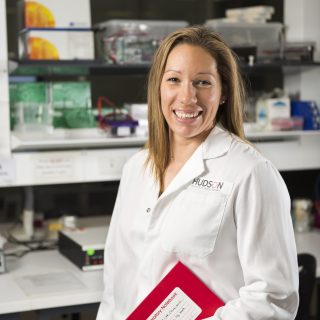
‘Needle in a haystack’ of stem cells found – hope for cerebral palsy
Cells that could be used to repair damage to babies’ brains caused by oxygen starvation during pregnancy or at birth have been identified, bringing hope for the prevention of cerebral palsy. A team of researchers from Hudson Institute of Medical Research and Monash University made the discovery while examining stem cells in umbilical cord blood,… Read more
-

Hormone replacement therapy could help kidney dialysis patients
Men undergoing kidney dialysis may have lower testosterone and reproductive hormone levels, providing evidence as to why this group are more prone to bone fractures, a new Hudson Institute of Medical Research study has shown. The study, by Clinical Associate Professor Frances Milat and first author Dr Jasna Aleksova, suggests hormone replacement therapy could be… Read more
-

Immune cell clusters grow with stomach cancer but hold few clues
‘Clusters’ of immune cells are associated with advanced stomach cancers, but they provide few clinical or prognostic clues for these tumours, a new Hudson Institute study has found. Professor Brendan Jenkins, the study’s co-author, says that in some other cancers, the presence of these clusters, called immune cell aggregates, indicates improved patient survival – but… Read more
-
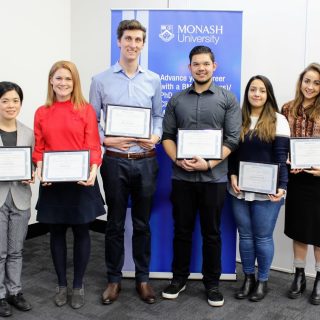
Congratulations to our Three Minute Thesis Competition final winners
Congratulations to our PhD students who presented their exceptional research at this year’s Hudson Institute/SCS Three Minute Thesis (3MT) competition final on Wednesday, 4 July. The Three Minute Thesis (3MT™) is a national research communication competition that celebrates exciting research conducted by PhD research students. Students have three minutes to present a compelling oration on… Read more
-
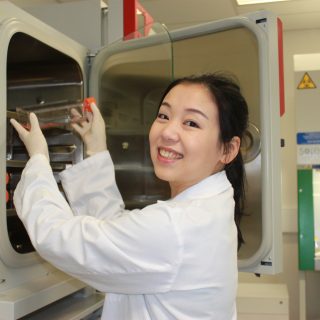
Sparking the skills to take research to industry
PhD student, Anqi Li has been selected to take part in the prestigious SPARK Biomedical Innovation and Entrepreneurship training course in Berlin, Germany this month. The two-week intensive course aims to bridge the gap between industry and academia by helping PhD students to think in creative, innovative and entrepreneurial ways. It is part of the… Read more
-
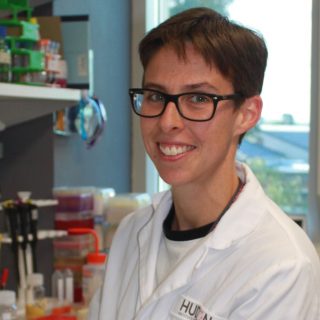
New gene discovery unlocks mysteries of our immunity
A new gene that plays a critical role in regulating the body’s immune response to infection and disease has been identified. The discovery could lead to the development of new treatments for influenza, arthritis and even cancer. Dr Rebecca Ambrose, now a Hudson Institute postdoctoral scientist, was part of the CSIRO team that discovered the… Read more
-
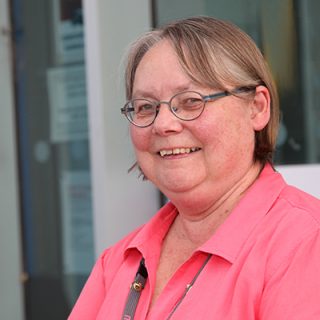
Imaging shows how snoring changes children’s brains
A new brain imaging study has shown how snoring, or sleep disordered breathing, in children may lead to changes in parts of the brain that control blood pressure, learning and behaviour – and should be treated as early as possible. The findings of the study led by Professor Rosemary Horne’s team in The Ritchie Centre,… Read more
-
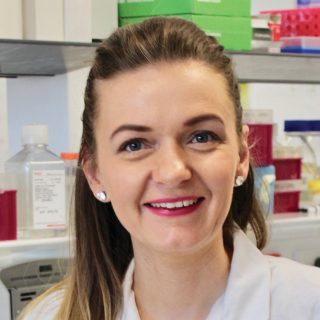
Towards an early detection test for ovarian cancer
The Active Ratio Test represents an exciting step forward in innovative ovarian cancer research. Should it be successful, a test as simple as taking a swab or blood sample will result in the early detection of ovarian cancer in women who otherwise exhibit no symptoms. Vague and misleading symptoms, combined with the need for invasive… Read more
-
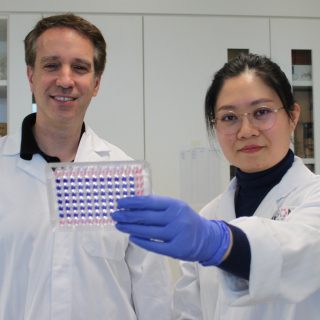
PhD Scholars program trains paediatric precision medicine leaders
A new PhD scholars program in paediatric cancer precision medicine has been established at Hudson Institute of Medical Research with co-funding from the Children’s Cancer Foundation. The program will train the next generation of scientists in advanced functional and structural genomics, development of patient-centric preclinical models, bioinformatics analytics and translational research with the aim of… Read more
-
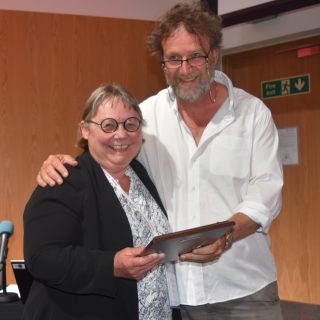
Professor Rosemary Horne receives international recognition
Congratulations to Professor Rosemary Horne, who has received the Distinguished Researcher Award for 2018 at the meeting of the International Society for the Study and Prevention of Infant and Neonatal Death in Glasgow last week. The award is made for outstanding contributions to research in the area of sudden unexpected death in infancy research as evidenced… Read more
